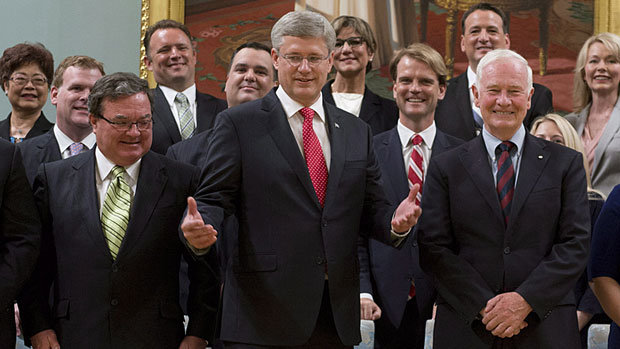
Ministers’ staffers receive gag order from committee
A parliamentary committee has asked ministers’ staff to sign Lifetime Confidentiality Agreements which would inhibit them from sharing information – which has been used by whistle-blowers and lead to revelations in the PMO scandal that has swallowed Conservative support across the country.
Ironically, a policy designed to prevent whistle-blowing has lead to an anonymous email spreading the contract to the media. The anonymous staffer wrote, “At a time when some parliamentarians are moving to create a more open and transparent Parliament, the [House of Commons’] Board of Internal Economy is putting measures in place to ensure parliamentary staff can’t be whistle-blowers on their employers.”
Some of the provisions go to the extreme of making workers disclose all gigs outside of their government jobs, maintain this order for life – even when retired, and the fact that breaching such a contract would terminate one’s job without pay or notice.
“Employees may not disclose any information about their employer which is politically sensitive,” the writer says.
“If a MP staff member wanted to write a book about their time working in Parliament they couldn’t … but their MP could. Talk about a double standard,” the email says.
The House of Commons speaker has confirmed the leaks made by the whistle-blower.
“In the past, conflict of interest and confidentiality was dealt with in each separate [MP’s] office on an ad hoc basis,” spokesperson Heather Bradley said.
As a result, all staffers are going to be using this new standardized conflict of interest and confidentiality contract.
The union representing most NDP staffers has received numerous complaints about the new contract.
“Clearly, vague language like that found in Article 8 [which states that the contract survives the termination of employment, and even establishes automatic penalties in the event of a breach] is deeply worrisome,” Anthony Salloum, head of this union, said.
“Many of my colleagues were asked to sign this form in order to receive their raises,” he said. “It’s important for us to be informed on whether we have any grounds to formally object to it.”
Meanwhile, the rest of the employees who want their raises and bonuses from the taxpayer’s dime have no other choice but to sign the dotted line.
While the committee that imposed the gag order may soften the terms, they do not intend to make it easier to be a whistle-blower.
NDP MP Nycole Turmel sits on this board and said that the committee’s decision was made behind closed doors. The party, however, has internally faced the most heat on the new agreement.
“Right now, I know that people are reacting negatively and we’ll see what happens. I’m ready to revisit the policy with the board if we need to,” Turmel said.
Turmel thanked whistle-blowers for helping the NDP keep the government in account, but said that any changes would require all party support. For her part, she doesn’t think staff should be able to be whistle-blowers without the fear of reprisal.
“For me, it’s important to protect those people. Does the (agreement) mean we won’t? I don’t think so, but we should verify,” Turmel said.
“Is there complete protection? We’d have to experiment to find out, but I do doubt it,” she added.
Turmel added that the “difficulty” is that employees are chosen by MPs or political parties.
“We can intervene for House of Commons staff, we can intervene to force employees to sign this letter, but can we go above that an impose rules on other party caucuses regarding laws or procedures? That would be — there would certainly be resistance,” she said.
As the Unionized NDP workers make a fuss, non-Unionized Conservative and Liberal workers aren’t reacting. One long-time Liberal staffer said “this is nothing new.”
While NDP MP Turmel expressed neutrality to the policy, Conservative house leader Peter Van Loan said the policy was unnecessary.
“I have to confess I do not have any such arrangements with my staff, and I have not had any problems with my staff,” he said.
New staffers received this contract April 1 and those incurring a raise or change of contract may also get this new contract to sign.
Is it normal for MP staff to be expected to remain confidential with sensitive information? Of course. Does this gag order go too far? That’s a question for you.




